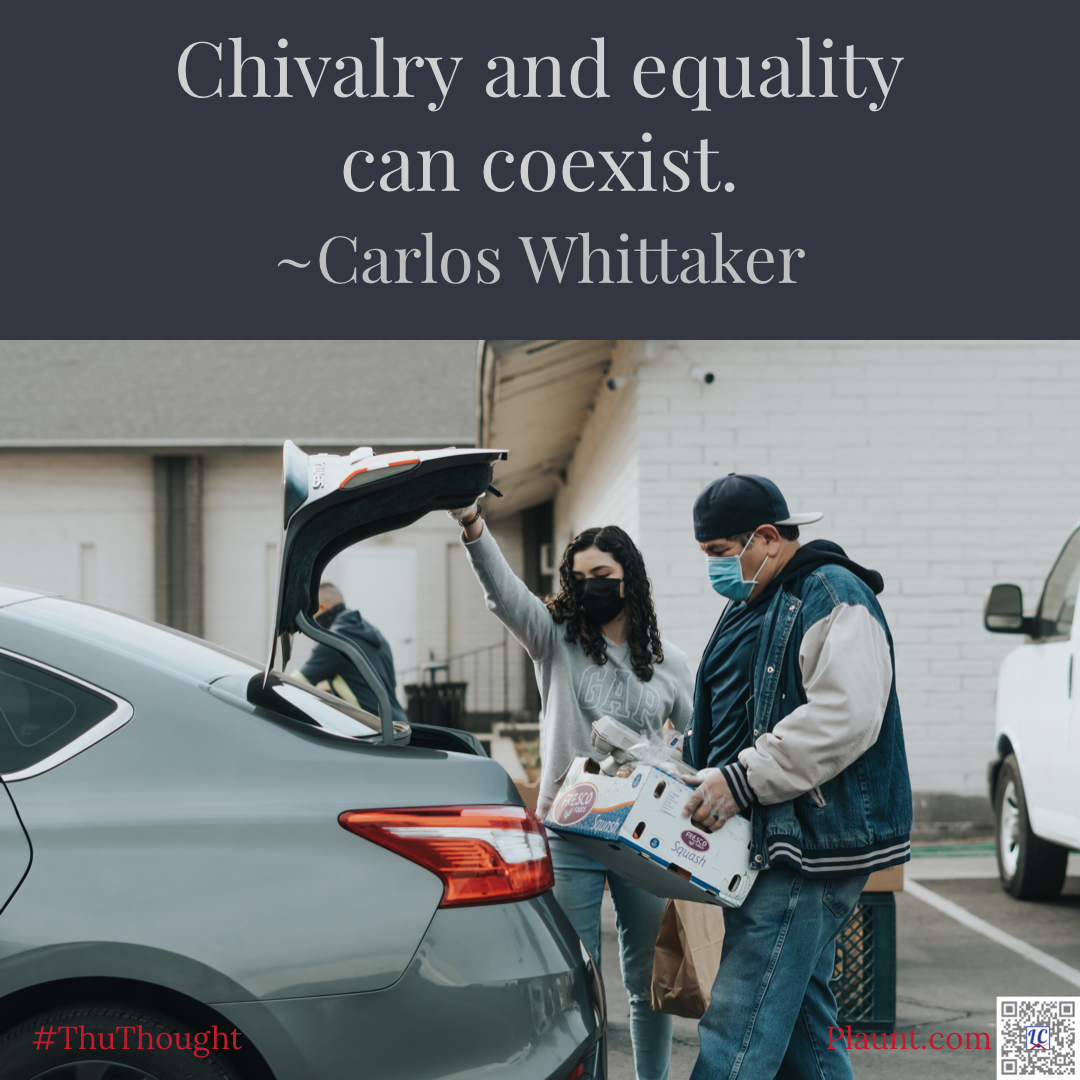How many words can you make from these letters? Make words of any length, but use each letter no more than once per word. (If a letter is on the board twice you can use it twice.) Share your word lists in the comments.
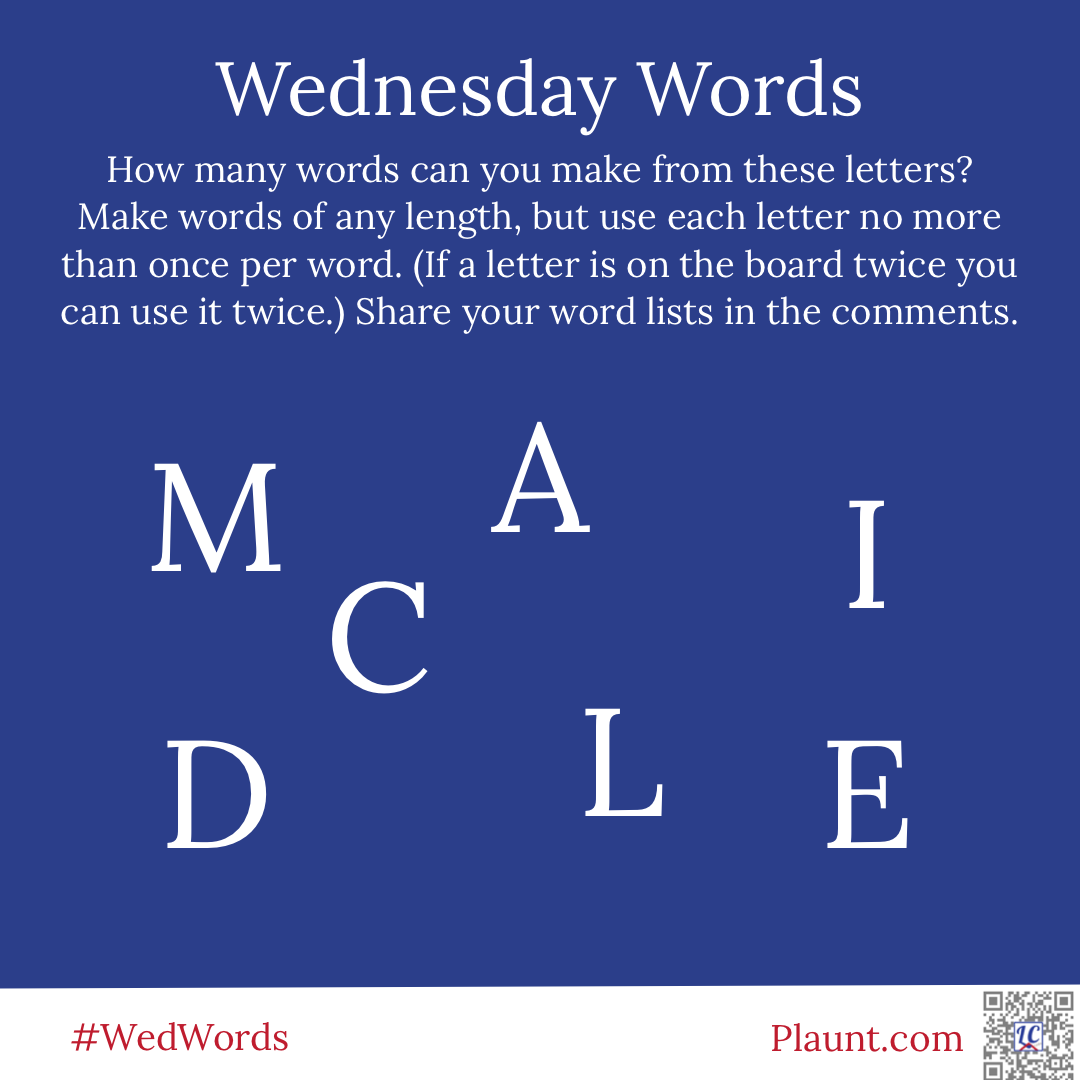
How many words can you make from these letters? Make words of any length, but use each letter no more than once per word. (If a letter is on the board twice you can use it twice.) Share your word lists in the comments.

Write a story with only two sentences. Use the photo for inspiration if you wish.
Photo by Dan Dennis on Unsplash.

“What is the rational?” does not mean the same thing as “What is the rationale?”
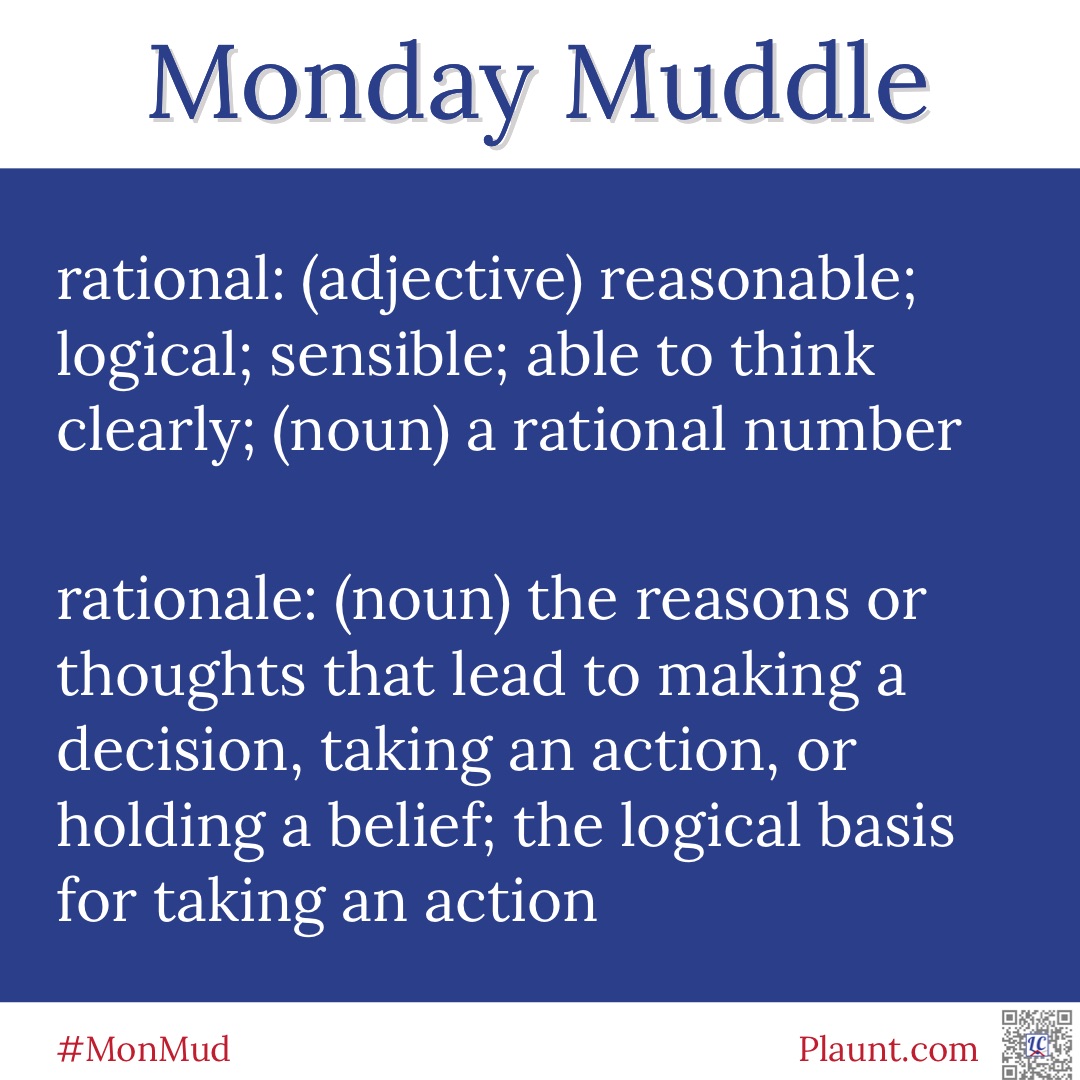
For a weekly dose of language-based humour, visit my Facebook page at https://facebook.com/lcplauntMEd
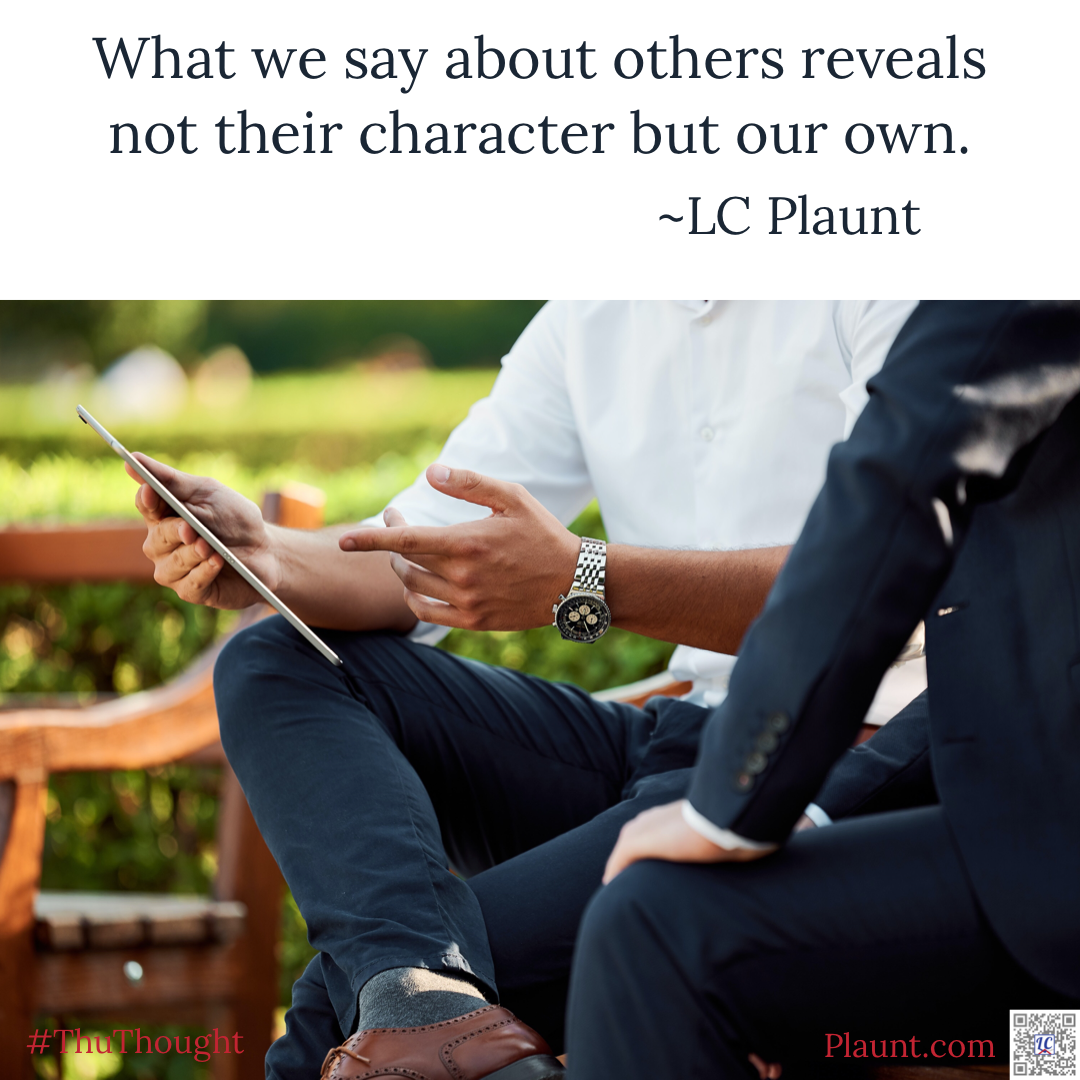
How many words can you make from these letters? Make words of any length, but use each letter no more than once per word. (If a letter is on the board twice you can use it twice.) Share your word lists in the comments.
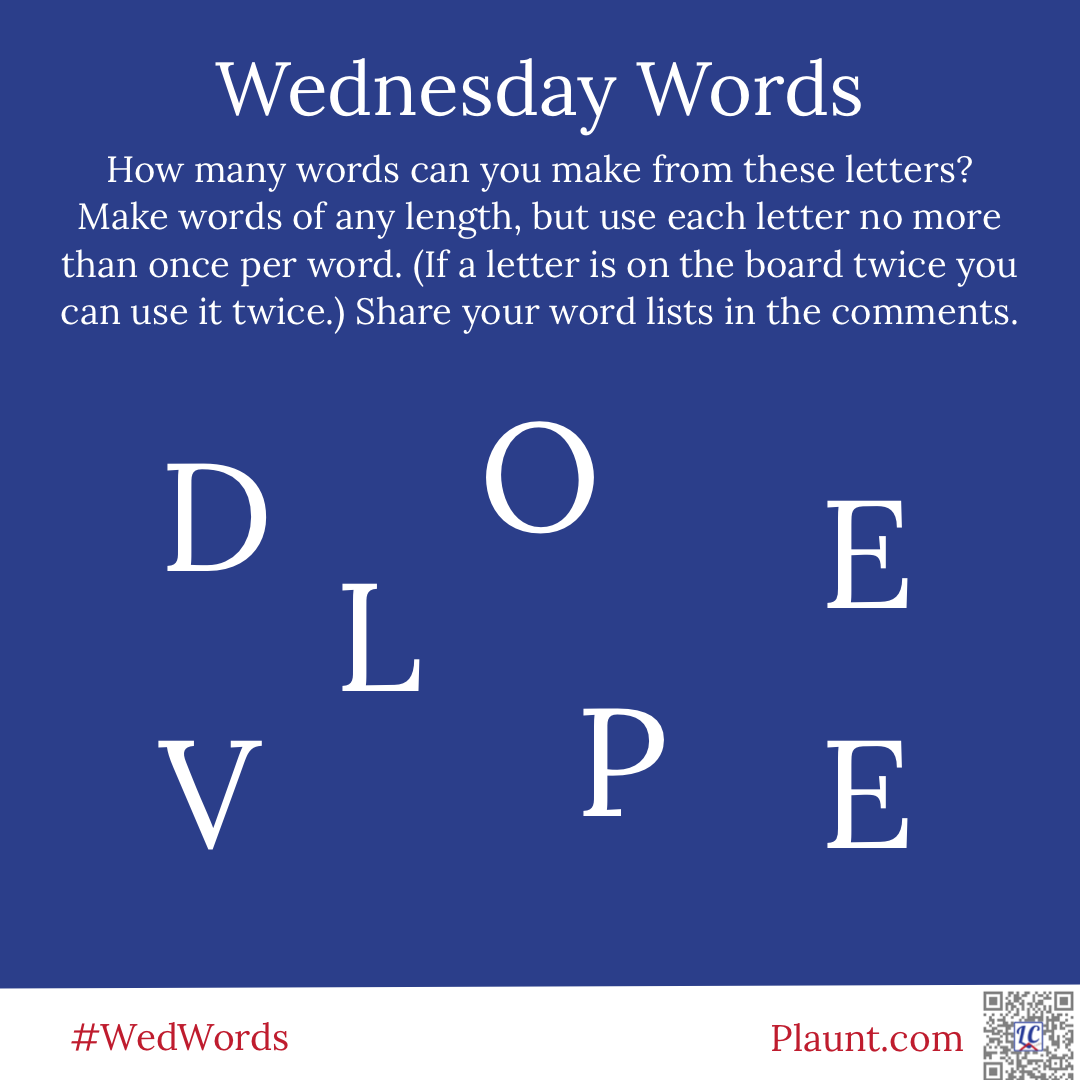
Write a story with only two sentences. Use the photo for inspiration if you wish.
Photo by NASA on Unsplash.

To wander about a place is not the same as to wonder about a place. If you have never been to a place, you may have wondered about it, but you have not wandered about it.
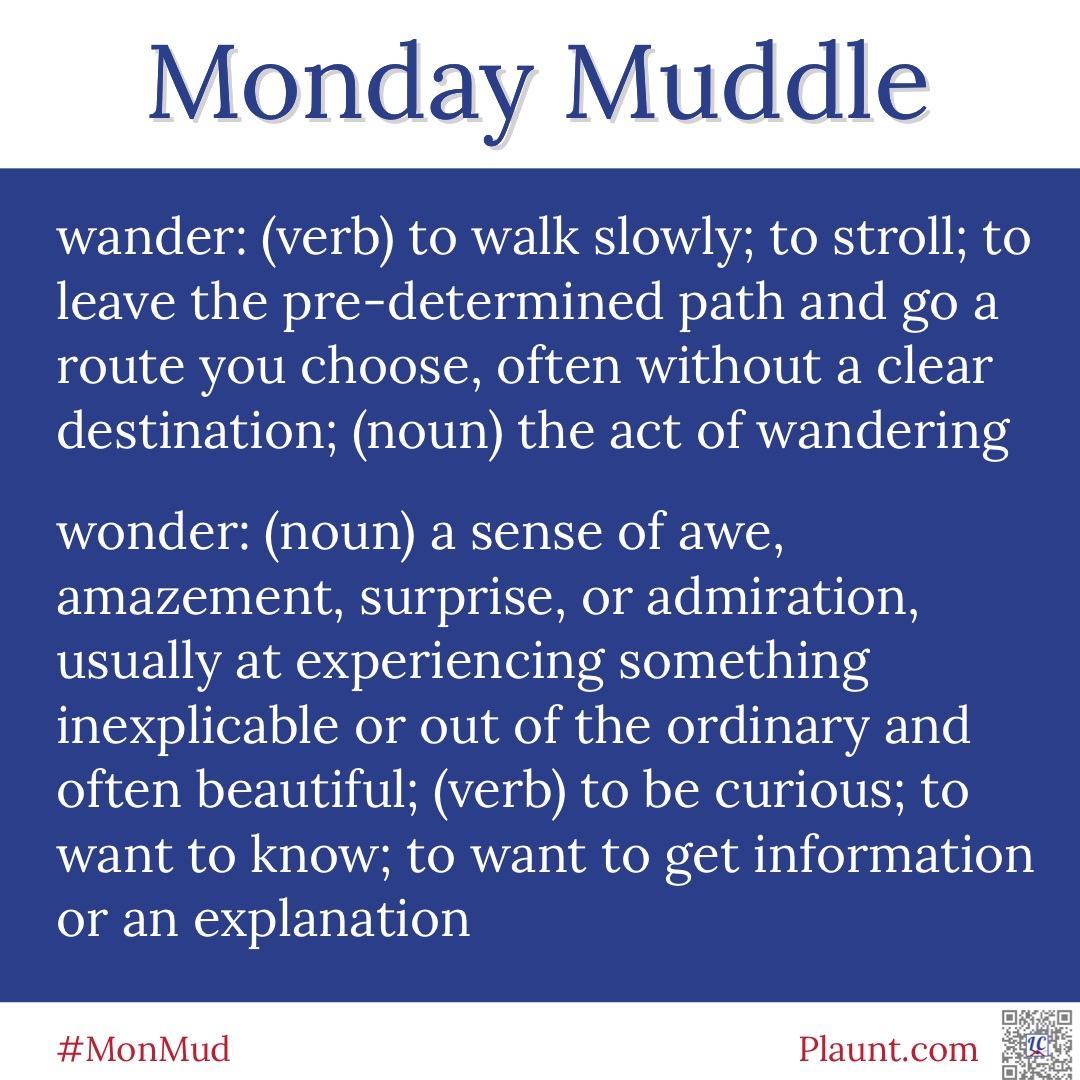
For a weekly dose of language-based humour, visit my Facebook page at https://facebook.com/lcplauntMEd
